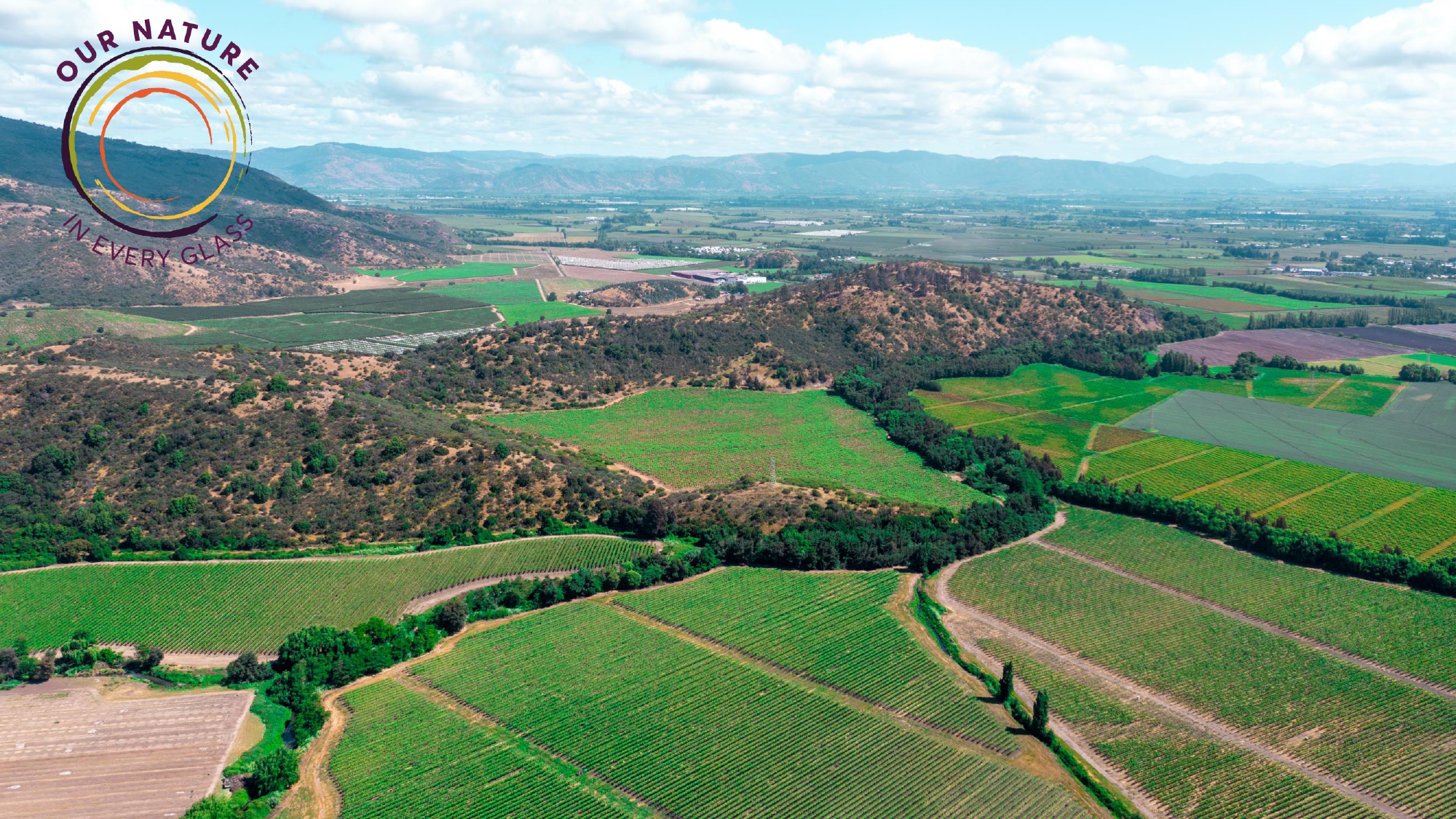VSPT WINE GROUP REDUCES ITS CARBON FOOTPRINT BY 47% OVER THE BASE YEAR

VSPT Wine Group has achieved a 47% reduction in CO₂ emissions intensity per liter of wine produced, compared to its 2019 baseline year. This major advance reaffirms the company’s commitment to its Net Zero agenda, an integral part of its sustainability model, which is at the heart of the business. VSPT is also the first Latin American Gold Member of International Wineries for Climate Action (IWCA), a status it has reaffirmed for the third consecutive year.
As one of the globe’s top 20 wine producers, the company is aiming to reach Net Zero by 2050, which includes, among other goals, achieving key intermediate targets such as Zero Waste to Landfill by 2030 and a 40% reduction in its carbon footprint intensity (Scopes 1, 2 and 3) by 2030. The latter target was in fact achieved early in 2025, reflecting the impact of efficiency and decarbonisation measures the company has implemented.
These advances were enabled by the organisation’s comprehensive climate change mitigation strategy, which includes reducing energy consumption, switching to clean energy sources, reducing the use of agrochemicals in vineyards and continuously optimising its production processes. Currently, VSPT’s industrial operations are powered with 100% renewable energy and the company generates 42% of its own renewable electricity— 14% from solar arrays installed on its estates and 86% from a biogas plant in Molina that produces clean electricity from organic waste from the grape harvest.
Speaking about these new developments, Corporate Affairs and Sustainability Director at VSPT, Carolina Gotuzzo, commented: “It is very important for us to achieve milestones on our way to becoming Net Zero. These are ambitious goals that require an interdisciplinary effort among different company areas, as well as the commitment of our suppliers and strategic partners, who play a key role in achieving them.”
These results reflect the hard work and commitment that VSPT has demonstrated over the past 16 years. Today, the company is implementing a science-based sustainability strategy consisting of 23 work agendas. VSPT has also set out to accelerate its water efficiency efforts, incorporating greater precision and more technology and making the Eco-design agenda a priority of its strategy.
Compartir:




